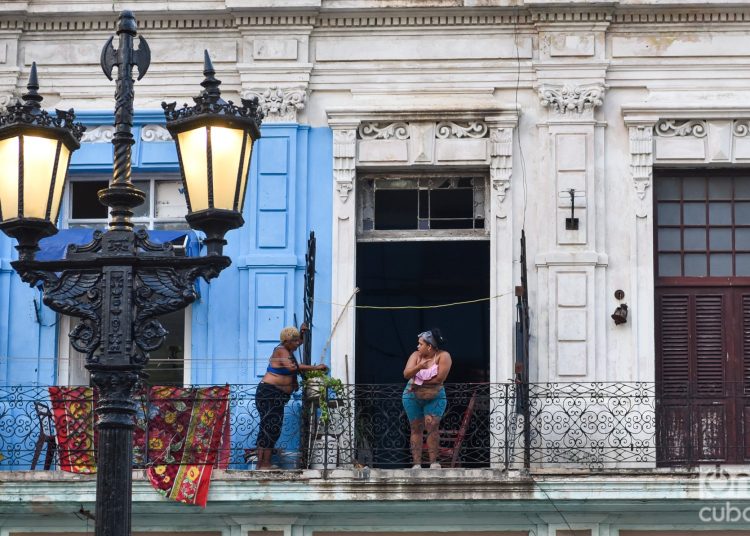The Cuban government announced this Wednesday an economic shock plan for 2024 with increases in the price of fuel, electricity, water and other services, as well as the end of the universal subsidy for the basic food basket.
Cuban Prime Minister Manuel Marrero advanced this plan when speaking on the first day of the second regular session of the National Assembly during the debate on the economic situation.
A pesar de las restricciones de recursos en el 2023 se observa una recuperación gradual en los principales indicadores de gestión del sistema empresarial estatal.
Se debe resolver el necesario encadenamiento efectivo entre el sector estatal y no estatal.#EconomíaCubana pic.twitter.com/pn5pKfbhK8— Ministerio de Economía y Planificación de Cuba (@MEP_CUBA) December 20, 2023
Marrero argued, concerning the basic food basket, that the objective is to move to “subsidizing people and not products” to achieve “a more fair and efficient scheme” and tacitly recognizing the increase in social and economic inequalities in the socialist country.
“It is not fair that those who have a lot receive the same as those who have very little. Today we subsidize the same amount to an elderly pensioner as to the owner of large private businesses who has a lot of money,” he argued.
Thus, he continued, the Ministry of Labor and Social Security must identify people by their degree of “vulnerability,” to “not leave anyone helpless,” who will be able to continue acquiring highly subsidized basic products with the ration card.
Marrero stressed that this classification will be carried out in “the coming weeks and months,” without further details.
The head of the Cuban government also assured that, given the situation, the State cannot continue with the “waste” in certain subsidies, such as water, electricity, liquefied gas, transportation and fuel.
These increases especially include the 25% increase in the electricity rate for the 6% of the residential sector that consumes the most or the move to charge tourists for fuel in foreign currency. The cost of water supply will triple for those who do not have timed service and the price of a liquefied gas cylinder will increase by 25%.
Marrero also announced that “new rates will be applied” to passenger transportation services, but without detailing how much.
The prime minister also announced that next year the government will change the official exchange rate of the peso (CUP) with respect to the dollar, for which a working group has been created with the Central Bank of Cuba.
Since 2021, the official exchange rate has remained at 24 CUPs per greenback for legal entities (enterprises) and at 120 CUPs for individuals. In the informal market, for its part, the dollar has skyrocketed to 273 CUPs.
State payroll
The prime minister also left the door open to a “review” of the number of people currently on the state payroll, about possible cuts to reduce the wage bill.
Marrero pointed out that the authorities must “review the state structures and payrolls” to guarantee “efficient management” and announced that “there is a group that is studying a law on the organization of the State central administration.”
In recent days, several macroeconomic data have emerged in the preparations for the regular session of the National Assembly and most point to a negative trend in the Cuban economy.
The Cuban government now estimates that the gross domestic product (GDP), due to its performance in recent quarters, may contract between 1% and 2% at the end of the year, as cited by Granma newspaper.
Inflation in the formal market is estimated to close the year at around 30% (informal inflation is much higher) and the deficit will rise to around 15% of GDP after the executive recognized a deviation from the 44% compared to what has been budgeted.
For its part, the number of tourists who visited the island barely exceeded 2 million people, compared to the 3.5 estimated by the Cuban government at the beginning of the year. For 2024, 3 million are expected, a figure still far from the between 4 and 5 million who traveled annually to the island before the pandemic.
Cuba has been experiencing a serious crisis for three years with shortages of basic products (food, fuel and medicine), rampant inflation, frequent blackouts and partial dollarization of the economy, which has spurred unprecedented migration and social unrest.










